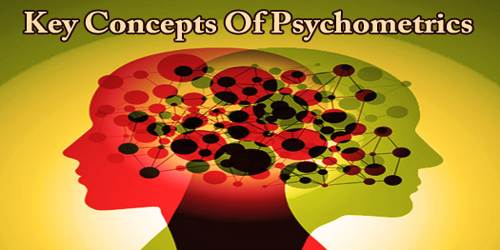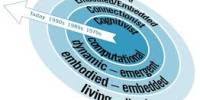Psychological resilience refers to an individual’s ability to adapt and bounce back from difficult and challenging situations, such as trauma, adversity, and stress. Resilience is not a fixed trait or characteristic; rather, it is a dynamic process that can be cultivated and strengthened over time.
Resilience is important because it can help individuals better cope with the inevitable challenges and setbacks that life presents. People who are resilient are able to maintain their well-being, continue functioning effectively, and persevere in the face of adversity. Additionally, resilience can promote personal growth and development, as individuals who have experienced hardship and overcome it can develop greater self-confidence, self-efficacy, and a sense of purpose.
The ability to cope mentally or emotionally with a crisis or to quickly return to pre-crisis status is referred to as psychological resilience. Emmy E. Werner, a psychologist, popularized the term in the 1970s and 1980s while conducting a forty-year study of a cohort of Hawaiian children from low socioeconomic status backgrounds. When a person uses “mental processes and behaviors in promoting personal assets and protecting self from the potential negative effects of stressors,” they are said to be resilient.
In a nutshell, psychological resilience exists in people who develop psychological and behavioral abilities that allow them to remain calm during crises/chaos and move on without long-term negative consequences. Much of the criticism leveled at this topic stems from the fact that this psychological construct is difficult to measure and test because it can be interpreted in a variety of ways.
Some factors that contribute to psychological resilience include having strong social support networks, a sense of meaning and purpose in life, positive coping skills, optimism, and the ability to regulate emotions effectively. However, resilience can also be fostered through intentional efforts such as mindfulness practices, cognitive restructuring, and seeking professional support if necessary.
It is important to note that resilience does not mean that individuals will not experience emotional distress or negative feelings in response to difficult situations. Rather, it means that they are able to cope effectively with these challenges and ultimately recover and thrive.
Most psychological paradigms (biomedical, cognitive-behavioral, sociocultural, and so on) have their own ideas about what resilience is, where it comes from, and how it can be developed. Despite the fact that there are numerous definitions of psychological resilience, the majority of these definitions revolve around two concepts: adversity and positive adaptation. Positive emotions, social support, and hardiness, according to many psychologists, can influence an individual to become more resilient.
















